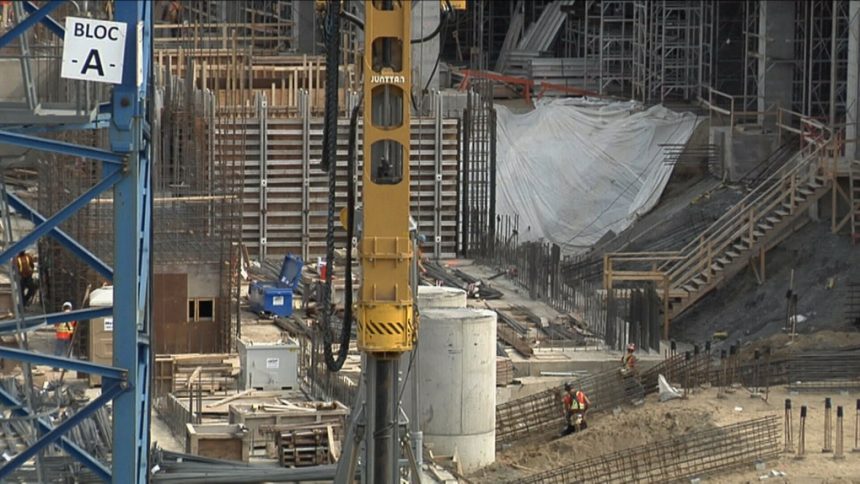U.K. Economic Growth Slows Sharply in Q3 Amid New Labour Government’s Economic Priorities
The United Kingdom’s economic growth has hit a significant slowdown in the third quarter of the year, with official figures revealing a modest 0.1% expansion between July and September. This marks a steep decline from the 0.5% growth recorded in the previous quarter and falls short of market expectations of 0.2%, according to data released by the Office for National Statistics (ONS).
The figures highlight the economic challenges facing the nation as it grapples with a post-pandemic recovery, global uncertainties, and a shifting political landscape. Notably, the data for September showed a contraction in output, sparking debates about the economic strategies of the recently elected Labour government, AP News.
Labour’s return to power in July, ending a 14-year absence from governance, has come with heightened scrutiny. The party has identified economic growth as its top priority for the next five years, pledging to rejuvenate an economy that has struggled since the global financial crisis of 2008-2009.
However, critics argue that the government’s initial rhetoric has contributed to the slowdown by undermining business confidence.
Labour leaders have dismissed these claims, emphasizing their commitment to creating a stable and growth-oriented economic environment. The government has outlined ambitious plans to tackle structural issues, including low productivity, stagnant wages, and declining investment levels—factors that have hindered the U.K.’s economic performance for over a decade.

The U.K. economy has faced significant headwinds since the 2008-2009 financial crisis, with growth rates lagging behind pre-crisis levels. Structural challenges, including low productivity and sluggish investment, have persisted despite years of economic policy adjustments. Additionally, Brexit introduced further complexities, with businesses navigating new trade rules and market uncertainties.
READ ALSO: Xi Jinping Unveils Major China-Funded Port in Peru
The pandemic compounded these issues, creating supply chain disruptions and inflationary pressures that have yet to fully subside. While the economy has shown moments of resilience, the recovery remains uneven, with many sectors still struggling to regain pre-pandemic momentum.
The disappointing third-quarter growth figures reflect a complex economic landscape. September’s contraction in output raises concerns about the potential for further economic deceleration in the final months of the year. Key sectors such as manufacturing, retail, and services have faced mounting pressures from global economic uncertainty, rising interest rates, and persistent inflation.
Market analysts note that while the slowdown may not signal an imminent recession, it underscores the fragile nature of the U.K.’s recovery. Policymakers will need to strike a delicate balance between fostering growth and addressing inflation, which remains a major concern for households and businesses alike.
Labour’s promise to prioritize economic growth comes with high expectations. The government has indicated plans to invest in infrastructure, boost renewable energy production, and support innovation to drive long-term growth. Additionally, Labour has pledged to address social inequalities and improve living standards, positioning these efforts as integral to a sustainable economic recovery.
However, delivering on these promises will require navigating a challenging economic and political environment. Labour must contend with external pressures such as global economic instability and internal constraints, including public debt levels and fiscal discipline, Yahoo.com.

The U.K.’s economic performance in the coming quarters will be critical in shaping public perception of the new Labour government’s effectiveness. While the latest figures present a sobering picture, they also highlight the urgency of addressing longstanding economic challenges.
By focusing on strategic investments, fostering innovation, and restoring confidence among businesses and consumers, Labour has an opportunity to steer the U.K. toward a more robust and equitable economic future. As the government works to implement its growth agenda, the nation watches closely to see if it can deliver on its ambitious promises and reignite the economy.

